Chinese-made cameras found in 88 MP electorate offices
Officials are racing to remove 122 Hikvision or Dahua devices found in the electorate offices of federal MPs.
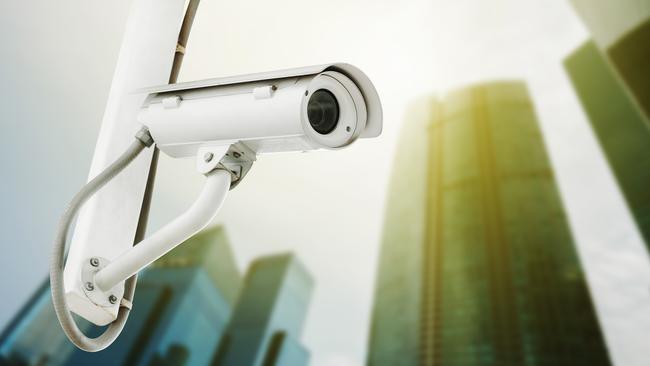
Eighty-eight Chinese-made surveillance cameras have been found in the offices of federal parliamentarians, with the Department of Finance racing to remove them.
The government has confirmed 122 Hikvision or Dahua devices – mainly surveillance cameras and intercoms – have been installed in 88 federal electorate offices, where members of the public come to meet their elected representatives.
The confirmation comes 24 hours after the Department of Defence confirmed it had located 42 of the controversial devices on Defence property, including at controversial sites such as the submarine base in Perth, and the air warfare headquarters outside Adelaide.
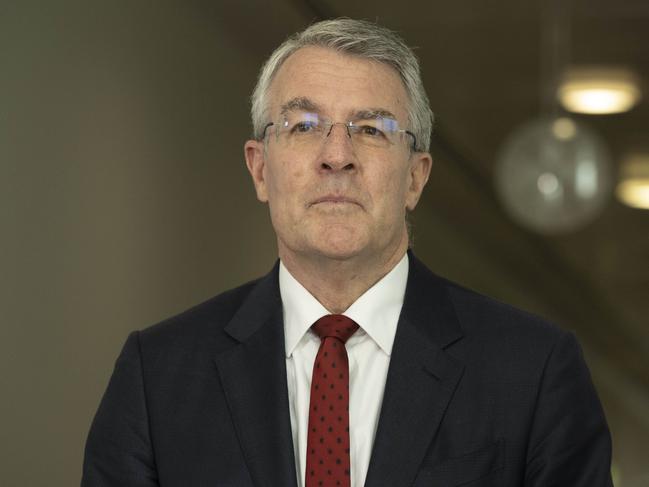
As more details emerge about how widespread the use of the cameras is, Attorney-General Mark Dreyfus has sought security advice on a potential government-wide ban on devices supplied by the two companies, which are part-owned by the China Communist Party, and subject to Chinese law requiring them to co-operate with intelligence agencies.
Any potential ban would come in the form of an update to the Protective Security Policy Framework, and would mirror the actions of Australia’s Five-Eyes Intelligence partner, the US and Britain, which took action against the companies last year.
While Mr Dreyfus did not reveal who was providing the advice, it is likely that Home Affairs is preparing it, with input from security agencies, including the cyber agency the Australian Signals Directorate and domestic spy agency ASIO.
An audit has revealed up to 1000 cameras and other devices are likely to have been installed across 250 Australian government sites.
The Department of Finance has confirmed it is following the Department of Defence and removing the cameras from the electorate offices. Many of these offices are leased by the department from private landlords.
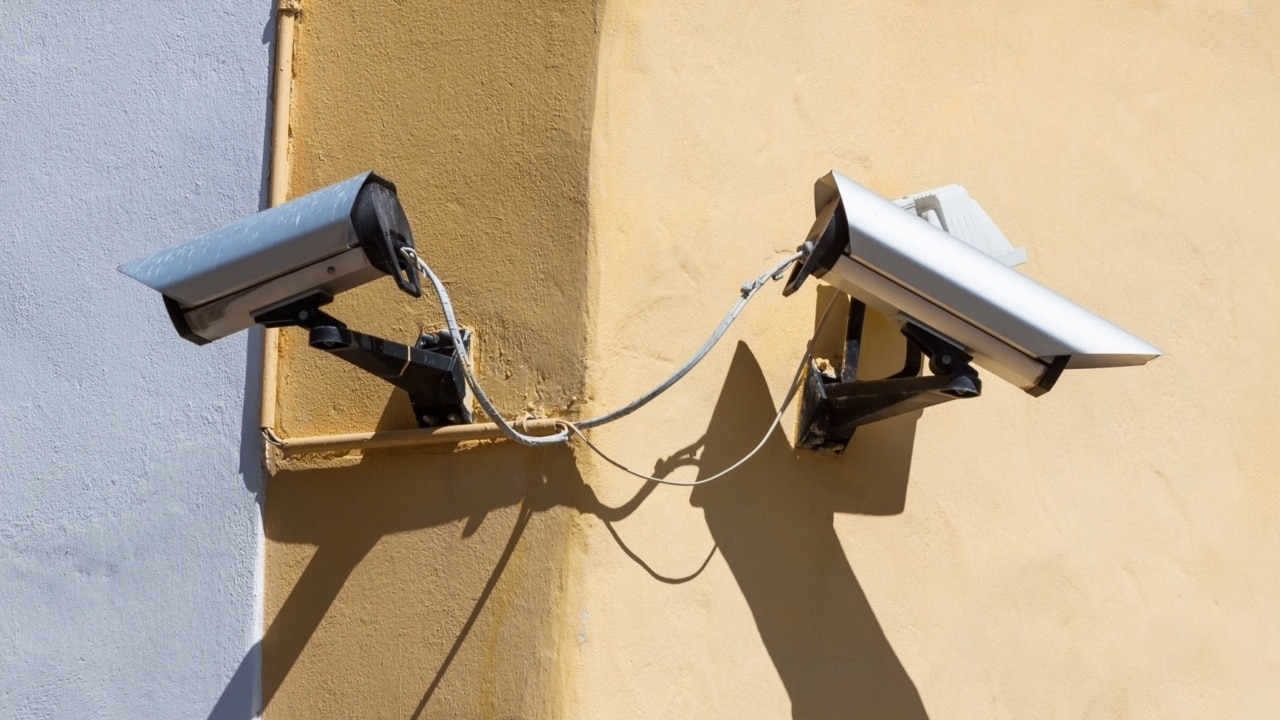
The electorate offices are where members of the public come to meet their elected officials, raising concerns for the privacy of security of constituents.
The department made the admissions to the Opposition’s cyber security spokesman, James Paterson, who launched the national audit after the US and Britain banned or restricted devices from the two companies late last year.
“Hikvision and Dahua devices have no place in the heart of our democracy – nor should they be the public interface between members and senators and the public,’’ Senator Paterson told The Australian.
“Imagine if you were a Uighur or a Tibetan or a Hong Konger or from Taiwan living in Australia and when you went to meet your local MP your face was captured by a Hikvision camera or you had to ring an intercom from Dahua.
“Every one of these devices must be replaced urgently.’’
Senator Paterson, a known China hawk, has raised concerns that Hikvision and Dahua, which are headquartered in China, are subject to China’s 2017 National Intelligence Law, which requires companies to hand over data to intelligence services if requested.
He has also raised moral concerns about the use of the devices. The companies are involved in the mass surveillance operations China is running against the minority Uighur population in Xinjiang province.
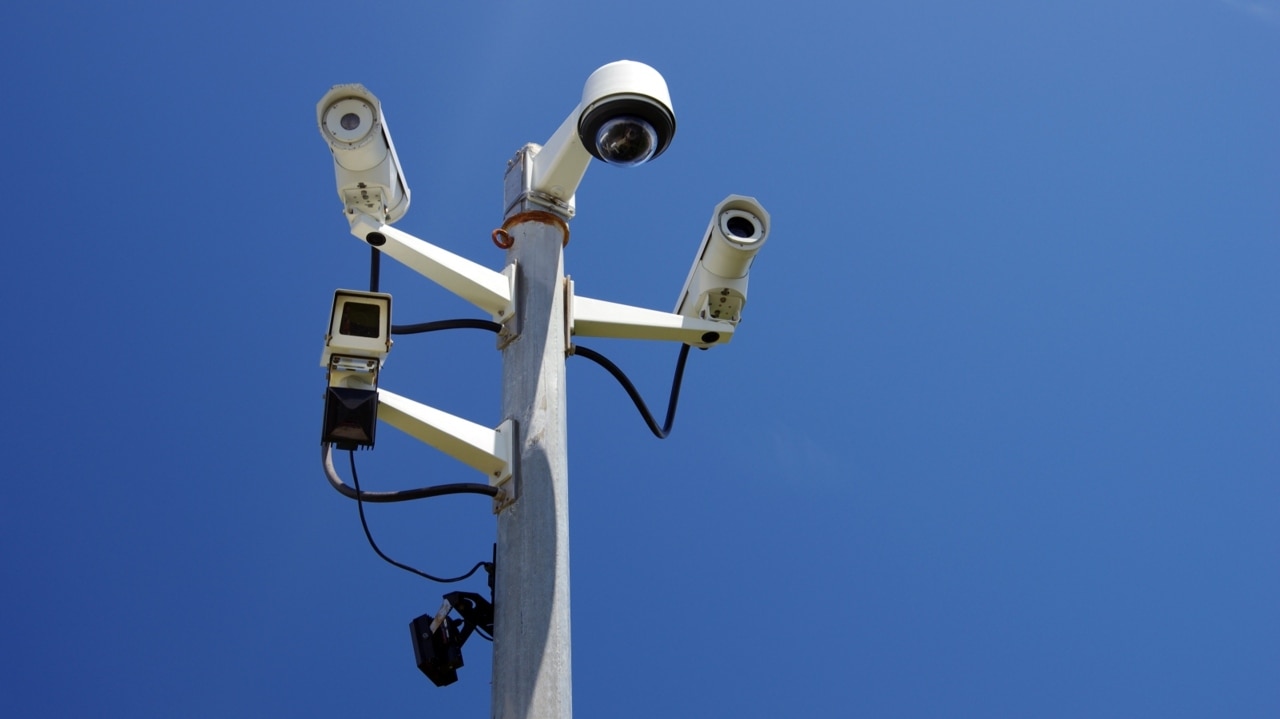
“At the time the question on notice was asked, 88 offices still had this brand of camera and/or intercom,’’ a Department of Finance spokesperson said. “These cameras are currently being replaced.’’
The spokesperson said the existing CCTV systems were “non-networked’’ and were being replaced as a precautionary measures.
The department has not committed to replacing the intercom systems, but says it will replace them “where required’’.
A spokesperson for Mr Dreyfus said concerns about the Hikvision and Dahua devices had been known since as far back as 2018.
“The Coalition did little to nothing to address those concerns,’’ the spokesperson said. “This is another example of the Albanese government having to clean up after the former government.
“The Attorney-General has requested advice on whether a government wide ban is required.”
Also yesterday, Defence refused to reveal why it removed a Hikvision camera from the RAAF Base Edinburgh, only to replace it with a Dahua one.
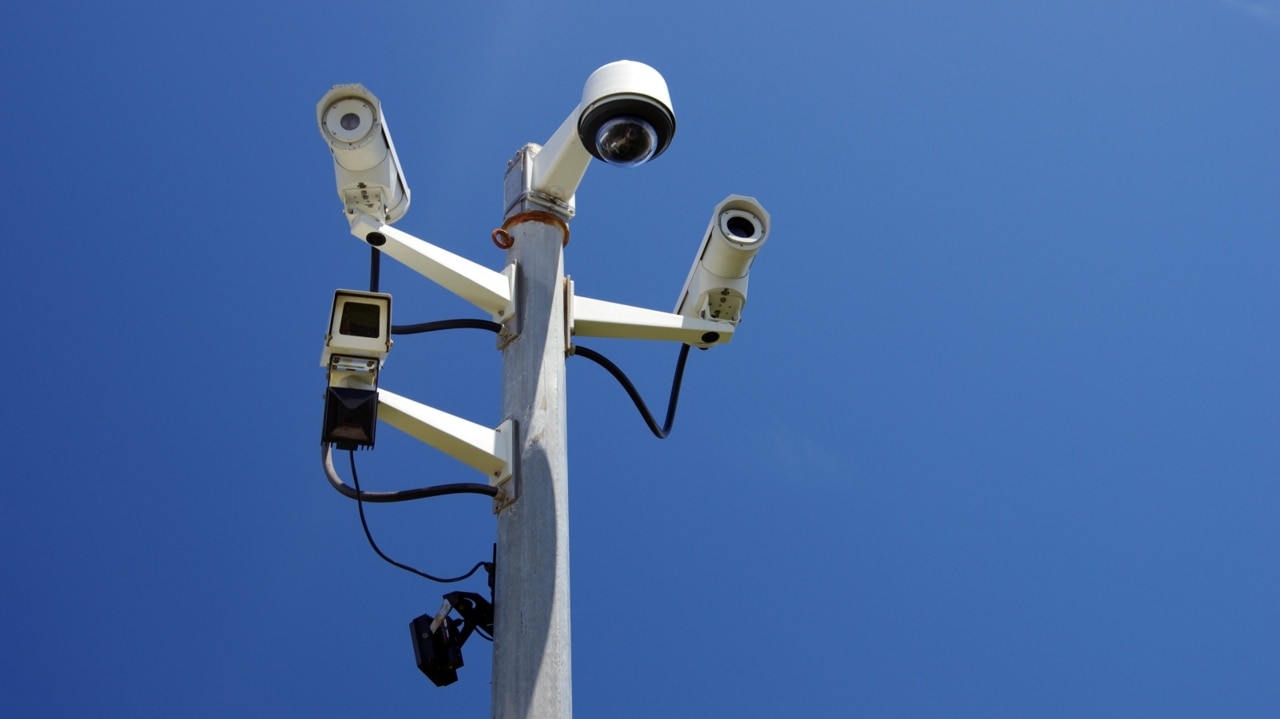
Edinburgh is the home of Australia’s air warfare centre, and is highly sensitive.
After the media identified a Hikvision camera there in 2018, the Department pledged to remove it, but the new audit found another devices there late last year.
It would not comment on the cameras at Edinburgh.
“As at 2 February 2023 all registered systems have been removed from across the Defence Estate,’’ a spokesperson said.
“Any additional systems that are discovered on Defence sites will be removed.’’
After initially declining to tell Senator Paterson how many devices had been identified, Defence has since revealed the number to be 42.
“I am pleased that Defence as now fessed up that as recently as December they had as many as 23 devices made by Hikvision and Dahua on their sites, although they were not forthcoming in their answer to my question on notice last week when they said they had only one,’’ he said.
“It is welcome, however, that this public scrutiny has spurred them into action to get rid of them all.’’


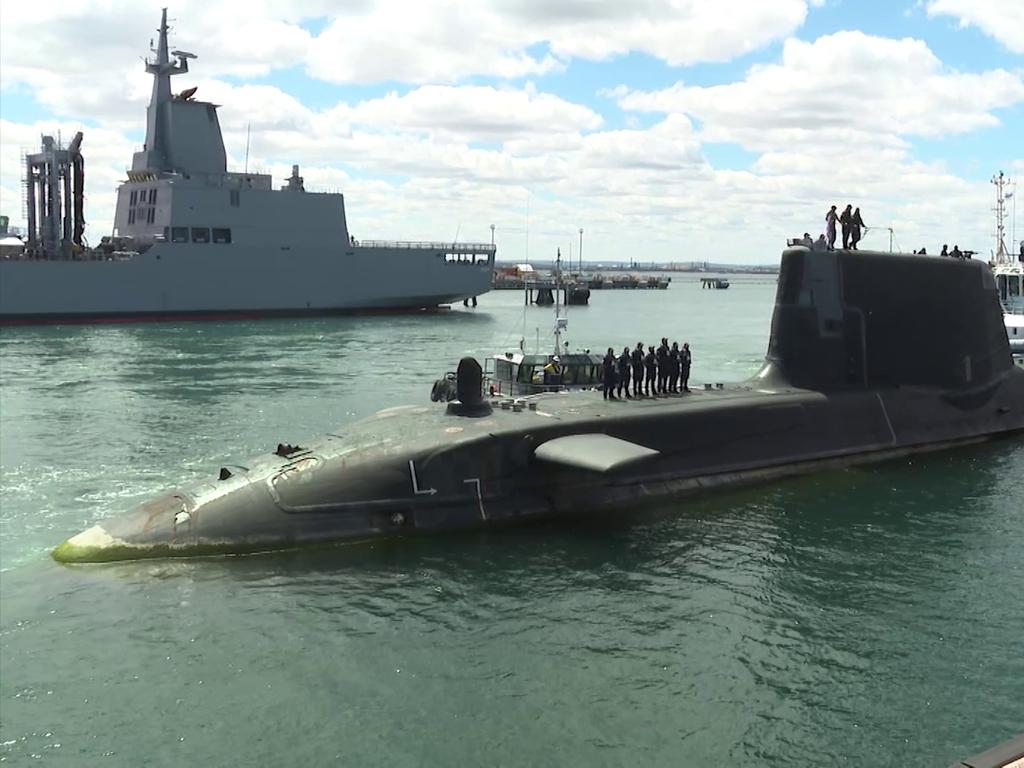
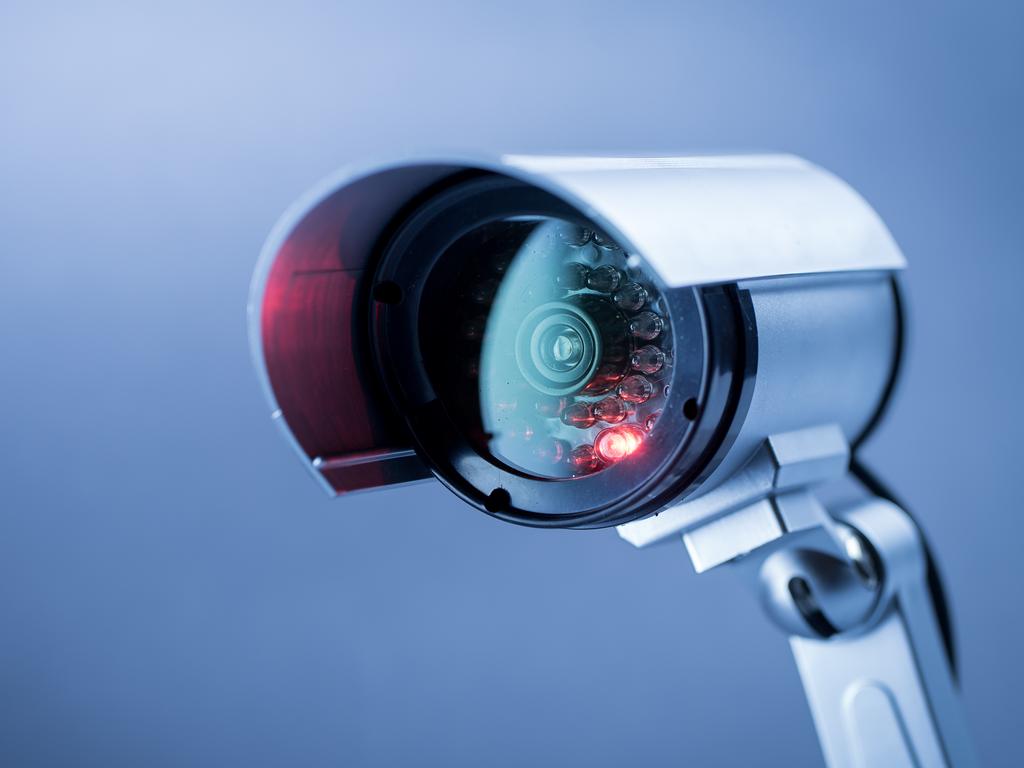


To join the conversation, please log in. Don't have an account? Register
Join the conversation, you are commenting as Logout